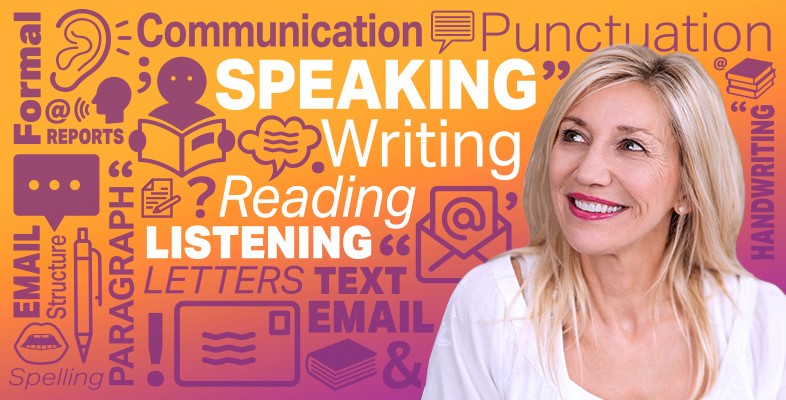1.2 Why do you read?
The reasons for reading something affect how you read it. For example, you probably ignore most road signs if you know where you’re going, but if you are looking for somewhere in particular you pay more attention.
Some things have to be read more carefully than others. They may take longer to read. You may have to read them in a set time if you are taking a test.
These could be things like:
- a textbook on a subject you are studying
- a job application form
- a letter from a car insurer
- instructions for recording a TV programme
- a passport form
- a rail timetable.
Sometimes you can read things more quickly. You don’t need to read every word really carefully. You may just be reading for pleasure.
These kinds of texts could be:
- a football report in the newspaper
- an advert in a magazine
- a chapter of a story
- a letter from a friend
- a text message on your phone.
Activity 3 Why you read what you read
In Activity 1, you noted down the things you read on an average day. Try to briefly explain why you read each of them in the box below.
Discussion
Here are some examples:
- Newspaper or news website: to get the news for the day
- Text message: because it has come from a friend, family member, colleague
- Facebook post: to see what friends are doing
